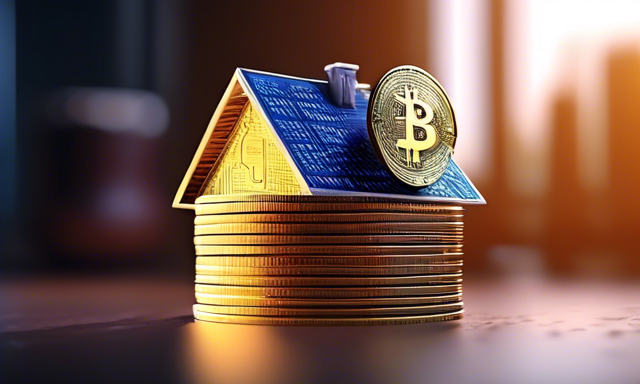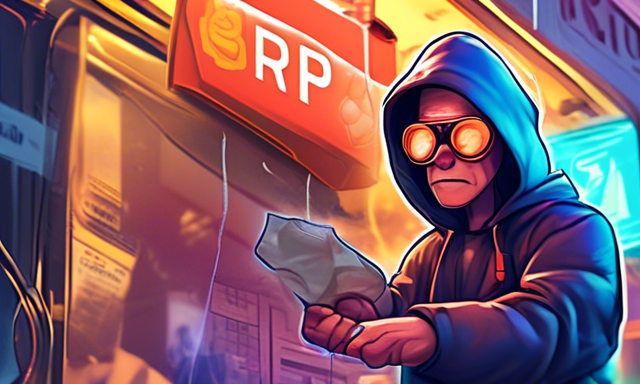Unlocking Opportunities Amid Falling Mortgage Rates
Before the recent decrease in mortgage rates, the housing market in the United States presented challenges for many. Homeowners were reluctant to sell or refinance due to low interest rates. Additionally, the limited supply of homes for sale resulted in soaring home prices, making it difficult for aspiring homeowners to enter the market.
- Interest rates hit record lows during the pandemic, discouraging homeowners from selling or refinancing
- Low supply of homes for sale led to high home prices across the country
Fortunately, with the decline in mortgage rates, there is a glimmer of hope for both buyers and sellers in the housing market. The 30-year fixed-rate mortgage in the U.S. dropped to 6.47% in early August, providing relief to those looking to make real estate transactions.
Financial Relief Ahead of Potential Rate Cuts
In a surprising turn of events, mortgage rates in the U.S. fell ahead of anticipated central bank rate cuts. This shift came after a period of high home loan rates, which had reached nearly 8% in November. The sudden decrease in mortgage rates has injected optimism into the housing market, providing a window of opportunity for prospective buyers and sellers.
- Record-high home loan rates preceded the recent decline in mortgage rates
- The drop in rates offers a reprieve for buyers and sellers amidst economic uncertainty
Moreover, the average home prices in the U.S. surged during the period of rising interest rates. With the average home price exceeding half a million dollars since 2022, many individuals found homeownership out of reach. However, the current trend in mortgage rates presents a more favorable landscape for those looking to invest in real estate.
Bitcoin’s Role in Financial Stability
While traditional currencies are subject to inflation and manipulation by central banks, Bitcoin offers a unique value proposition. With a fixed supply of 21 million coins, Bitcoin provides a hedge against inflation and economic uncertainties. The scarcity of Bitcoin ensures that its value remains stable, making it an attractive asset for long-term holders.
- Bitcoin’s limited supply protects it from central bank interference and inflation
- Stable value of Bitcoin offers a reliable store of value amidst economic volatility
Unlike fiat currencies, which can be devalued through excessive money printing, Bitcoin’s deflationary model safeguards its purchasing power. As central banks continue to print money to stimulate the economy, Bitcoin holders benefit from the increasing value of their digital assets.
Bitcoin’s Impact on Real Estate
As mortgage rates reach historic lows and the housing market experiences fluctuations, it is interesting to examine the impact of Bitcoin on real estate transactions. Here is a comparison of Bitcoin prices and U.S. home prices over the years:
- Aug. 2014: Bitcoin was priced at $491, requiring 694 BTC to purchase the average U.S. home priced at $340,400
- Aug. 2019: Bitcoin’s value was $11,523, with 34 BTC needed to buy a home priced at $382,700
- Aug. 2024: With Bitcoin trading around $60,000, less than 9 BTC is required to purchase a home valued at $501,700
These comparisons highlight the potential for Bitcoin to influence real estate transactions as a secure and appreciating asset.
Hot Take: Embracing Financial Innovation
As the housing market undergoes changes and mortgage rates fluctuate, there are opportunities for individuals to explore alternative financial avenues. Bitcoin’s emergence as a digital asset with a stable value presents a compelling option for those seeking financial stability and long-term growth.
By understanding the dynamics of the housing market and the role of cryptocurrencies like Bitcoin, individuals can make informed decisions to secure their financial future in an evolving economic landscape.





 By
By
 By
By

 By
By

 By
By